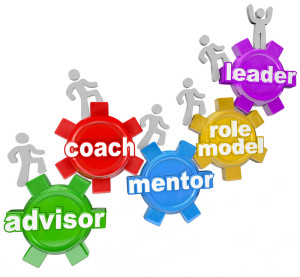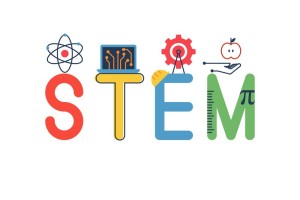It’s the last week of Women’s History Month. I’ve been pondering what to write over the past week given the ongoing assault and threats to diversity, equity and inclusion efforts nationwide. Last year I wrote about the diversity initiatives in our health IT industry and was optimistic about what I saw happening.
about the diversity initiatives in our health IT industry and was optimistic about what I saw happening.
If I’d written this year’s post a week ago, I would have been upbeat and inspiring having just heard our minister, the Reverend Susan Milnor, deliver a sermon titled “Trust Women”. She opened with these words:
“Lived experience is history in the making, and we know this about history. As much as we would like for it to be linear progress toward justice and equity, it isn’t. Dominance and greed circle around again, and we have to challenge what’s asserted and enacted and propagandized. The point of studying history isn’t just to be proud of the giants of the past; it is to be inspired for the work that still needs to be done, or done again. Sadly, the struggles of our own time are beginning to sound way too much like those of the past. The good news is that there is so much inspiration, so much strength, in the lives of the women who came before.”
After talking about women who dedicated their lives to ensuring reproductive rights and the right to vote, she closed with these words:
“I hope we will learn the lessons of history that submission and compromise don’t get us very far, but courage does. And I hope we won’t be in the fight alone. It’s so important that men and nonbinary people join with women in solidarity.
Perhaps in that advocacy, it’s time to leave aside complicated arguments and just insist on deep, spirit filled confidence. Say it whenever you can.
I trust women to make decisions about life.
I trust women to use as much reason as others when they go into a voting booth.
I trust women to serve on the Supreme Court, where they have largely outperformed a lot of men.
I trust women in professions even if encouraged by a diversity effort because they are some of the most ethical professionals and most reliable workers.
I trust women to know what their last names are. (A reference to the proposed SAVE Act, introduced into Congress in February, which would create a federal voting requirement in which one’s birth certificate and current ID must be in the name.)
I trust that women are people, and their consent to being governed is needed. (A reference to one of the creators of Project 2025 saying we should return to women not having the right to vote.)
The work of seeking freedom and agency is holy work because it is the work of realizing a fuller humanity. We can trust women never to give up. We have been here from the beginning, and we will rise, if necessary, again and again and again.”
If your weeks are anything like mine, I go up and down depending on what I read in the news and realize the many backward steps happening on so many fronts. Continue reading









